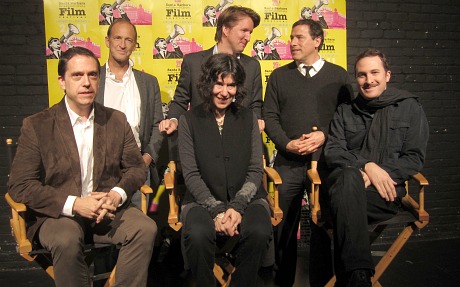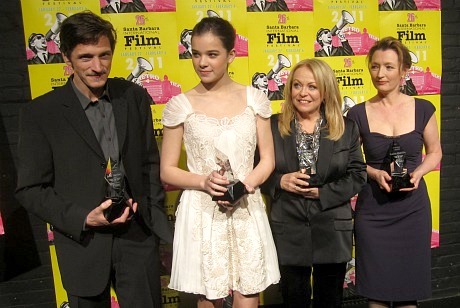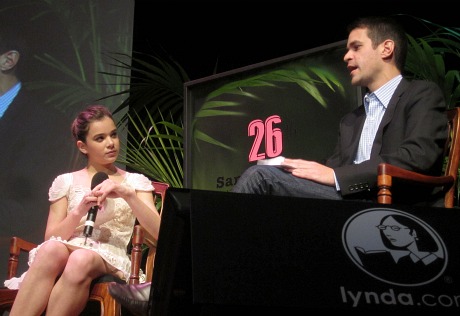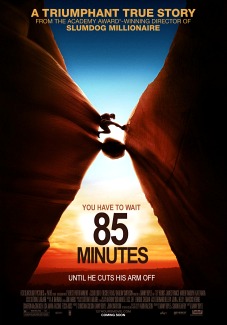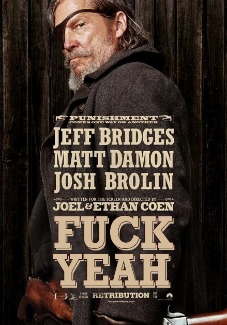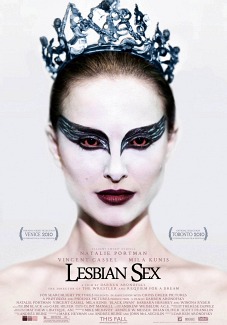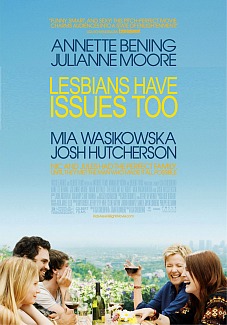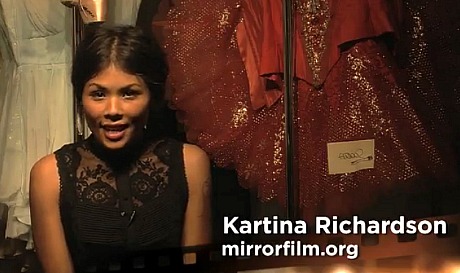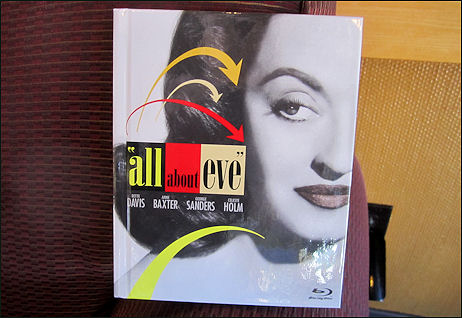Toronto Star critic Peter Howell has put on his straw hat and white bucks and red-and-white sport jacket and done the old soft-shoe about how the Gurus of Gold don’t dictate or act as tastemakers — “we just predict.” That’s their claim, yes, and to some extent it’s true.
But the Gurus know full well (and David Poland most of all) that when they vote for a certain film as the likeliest Best Picture nominee or winner it becomes a beacon for the Zeligs out there, for all the Academy members who aren’t sure where to turn and are basically just looking for warmth and assurance and the safety of a crowd.
And that is what people all over the globe want more than anything else — not to stand tall and alone and be “right” (whatever that means), but to know the balm of acceptance and companionship and bon ami and the embrace of brothers and sisters.
The urge to blend in and belong is a very strong one. It exists, I would imagine, in about 80% or 90% of the human population. The rebel, iconoclast and independent thinker club (to which I belong) constitutes, at best, 10% of humanity, and perhaps even less. And the Gurus know this, and yet they pretend that they’re just idly sitting on the sidelines, watching the action in the center arena like hockey fans and calling it as best as they can, and they are so full of shit I can barely stand it. They are kingmakers and they know it.
Howell puts it thusly: “A fellow [Sundance] traveller looks up at me from beneath his snow-fringed toque and exclaims, ‘Hey! Aren’t you one of those Gurus o’ Gold?’
“‘I am indeed,’ I replied, proud at my first street recognition as a Guru, but also a little wary. I noticed with relief that he had no shotgun. Utah is part of the Wild West, after all.
“‘Why are you guys bailing on The Social Network?’ my transit inquisitor continued. ‘Why are you following the other sheep and promoting The King’s Speech?’
“I sighed deeply and began the critic’s speech I’ve given many times on this topic. I love The Social Network, but it’s my sworn duty as a Guru o’ Gold to predict what the nearly 6,000 members of the Academy of Motion Picture Arts and Sciences are likely to choose for Best Picture and other Oscars,” and that’s all.
That’s the ostensible duty, all right, but the final effect is something else entirely.



